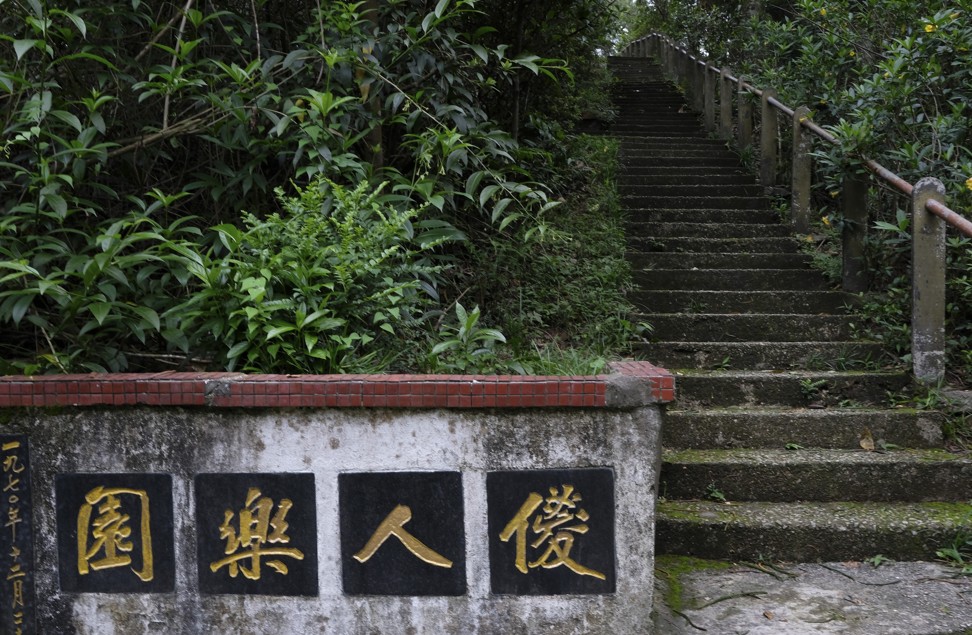
A well-kept Hong Kong secret: the guerilla gardeners who tend its morning walkers’ gardens
Set up in the 1960s and ’70s in country parks by nature lovers looking to escape the urban sprawl, about 20 of these gardens remain, still tended by the now elderly guerilla gardeners who created them
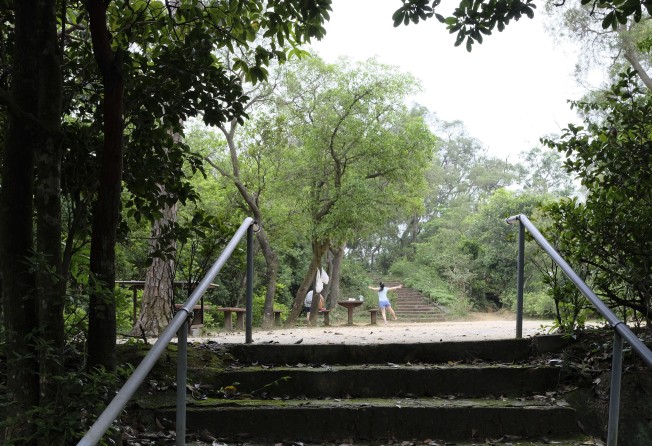
Apart from concrete and stone pathways, there are few man-made structures in Hong Kong’s country parks. Some public facilities have been introduced, such as shelters, barbecue areas and campsites. Then there are features that predate the Country Parks Ordinance – the “morning walkers’ gardens”, tended by so-called guerilla gardeners.
These small, cultivated spaces nurtured in the wilderness sprouted up in the 1960s and early ’70s, coinciding with rapid expansion of the city’s manufacturing economy and population. To escape the urban sprawl, nature lovers sought solace in the wooded hills, taking predawn walks before the workday began. Areas along popular paths were cleared by these morning walkers that became sanctuaries for rest, shelter and like-minded company. The little Edens became a home from home.

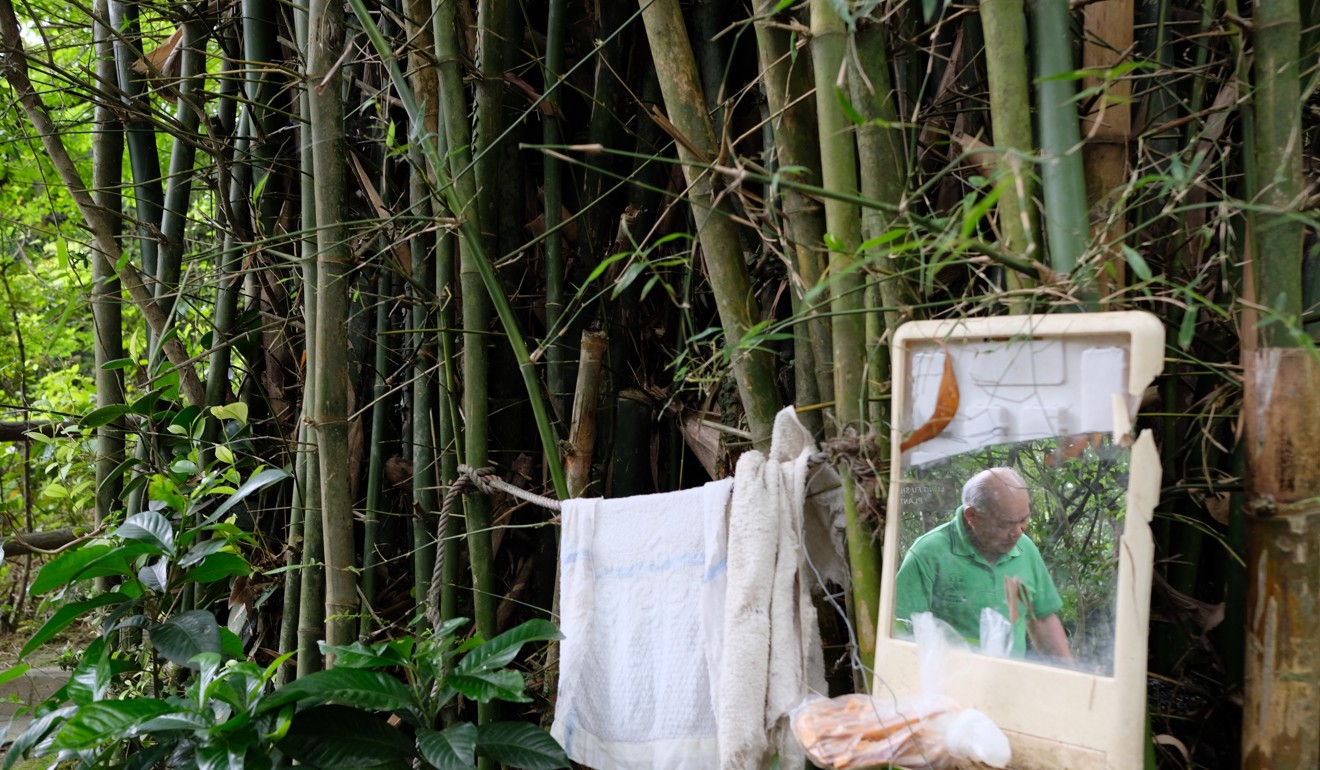
Although the government enacted the Country Parks Ordinance in 1976 to protect Hong Kong’s countryside from unauthorised occupation and development, many existing morning walkers’ gardens survived. Only those that already been abandoned were quickly demolished.
Today, there are estimated to be about 20 active morning walkers’ gardens scattered throughout Hong Kong’s country parks, which occupy more than 40 per cent of the land mass. They vary in size from as small as 50 square metres to 3,500 square metres.
The gardens are tolerated, although with conditions attached, and if users do not comply the authorities will not hesitate to dismantle these havens.
Under Agriculture, Fisheries and Conservation Department regulations, existing facilities in the gardens cannot be expanded. The areas must be kept clean, and repairs of existing facilities must be carried out whenever necessary to avoid harming other park users. The costs of repairs must be met by the guerilla gardeners themselves. Fires can only be lit in specified areas, to prevent hill fires.
Guerilla gardeners generally comply with these rules in order to maintain a good relationship with country park officials.
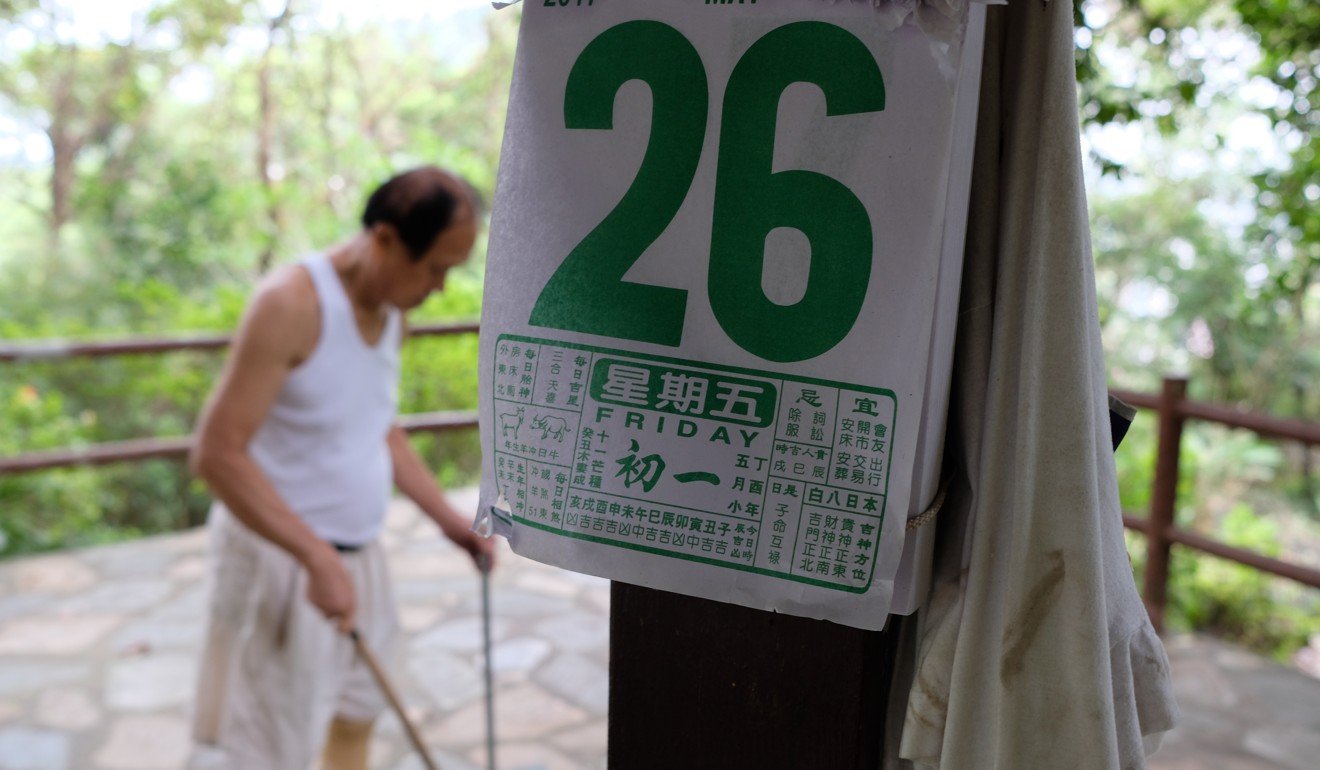
Examples include Fool’s Paradise, in Kam Shan Country Park in Kowloon, and Long Live Paradise, on the boundary of Ma On Shan Country Park in the New Territories. On Hong Kong Island, there is a Friendship Terrace in Tai Tam Country Park. Some, however, are nameless.
The morning walkers who have grown old with their gardens have a sense of belonging and “ownership” of their rural retreats. Rain or shine, they’ll visit daily at the crack of dawn, even when there’s a typhoon. In one garden, there is even a shaving mirror hung on a bamboo bush – a sure sign of regular use.
Although morning walkers’ original intentions were to have a peaceful place for themselves and other regulars to enjoy recreational activities, they maintain the gardens with the enjoyment of other park users in mind.
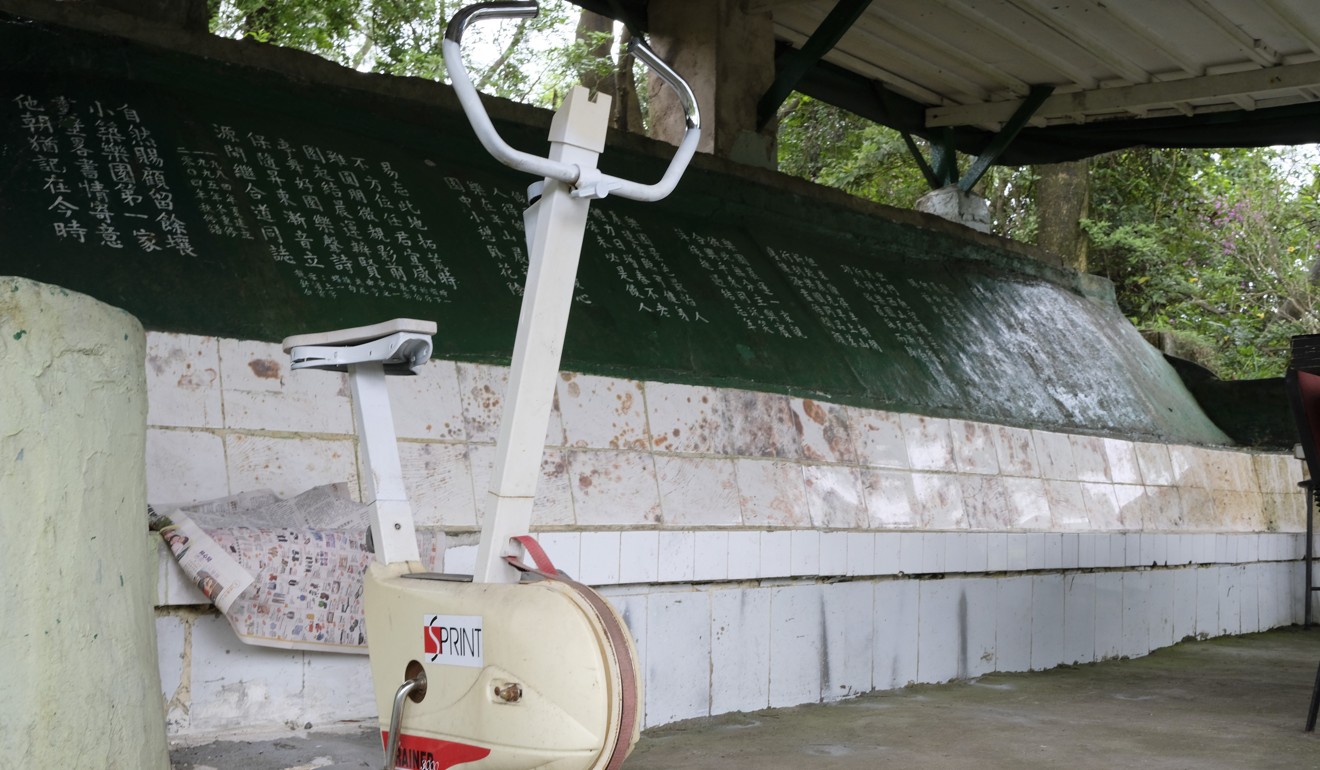
We want to turn Lung Fu Shan Country Park into the first of its kind in Hong Kong – a country park that integrates ecology, heritage and Chinese medicine
Mr Leun, a Friendship Terrace regular, welcomes me warmly as I climb the steps, and offers me a cup of hot tea and biscuits. According to Leun, the garden was founded in the ’60s. Its name, and that of one of the first morning walkers who found peace here, is artfully carved on a cement slab, the paint recently retouched (as requested by park officials).
As we chat, Leun exchanges pleasantries with walkers on the trail below. A few come up to say hello before going on their way, evoking feelings of familiarity and friendship, and confidence that the woods are a safe place to walk.
According to Briton Richard Reynolds, who has promoted the concept of guerilla gardening since 2004 in London, the term may have been coined a decade after Hongkongers took up the habit – in 1973, by the Green Guerillas, a grass-roots movement based in New York. The phenomenon can also be found in Australia, New Zealand, the US, Japan and Singapore.
It’s classified as a form of guerilla urbanism, or DIY urbanism, which refer to attempts outside the formal planning process to alter urban spaces in a creative way. It involves “bombing” small urban spaces with anything from graffiti and paint to furniture and seeds, in order to improve their appearance.
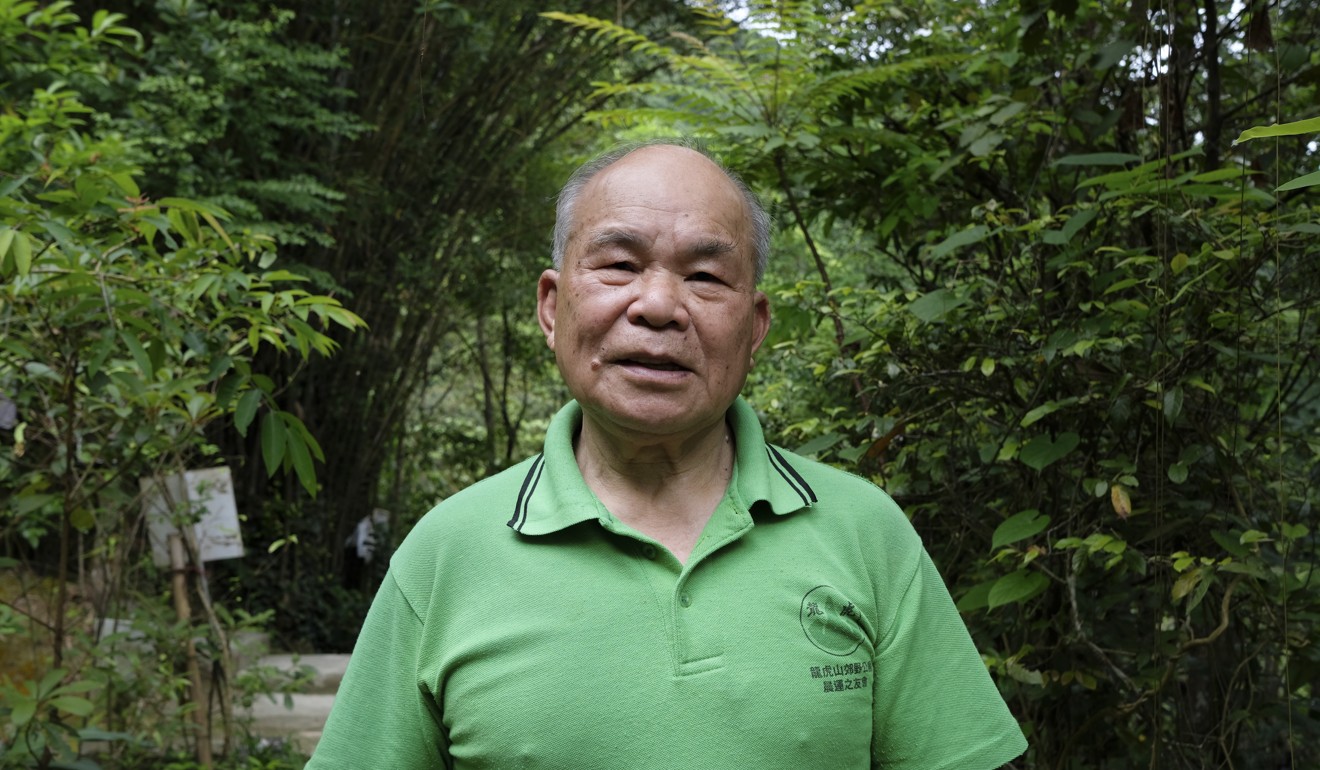
With the support of the government, the Central and Western District Council, and the University of Hong Kong’s School of Medicine, Chinese herbs are grown in a section of the garden for cultural heritage and educational purposes. (Regulars originally also grew vegetables, but stopped doing so at the request of the authorities.)
Growing Chinese herbs was Chan’s idea because they have a special meaning to him. “Back in the village in China, where I grew up, my family had a cow we depended on for our livelihood. One day the cow fell ill and was at risk of dying, but it pulled through when my father fed it a particular kind of Chinese herb. The cow survived and because of that the family managed to survive during those difficult years,” he says.
“We want to turn Lung Fu Shan Country Park into the first of its kind in Hong Kong – a country park that integrates ecology, heritage and Chinese medicine.”
Other heritage features of Lung Fu Shan include the Pinewood Battery, an early 1900s grade two heritage site; the ancient Pik Shan Trail; and the 1903 Victoria City boundary stone. The committee members are in the process of registering the association as a charity so they can receive donations and hire staff to improve the day-to-day care and maintenance of the garden.
Critics may see morning walkers’ gardens as illegal structures and argue that they should be demolished. However, they add value for those who use the country parks for leisure, and have become an integral part of Hong Kong’s landscape.
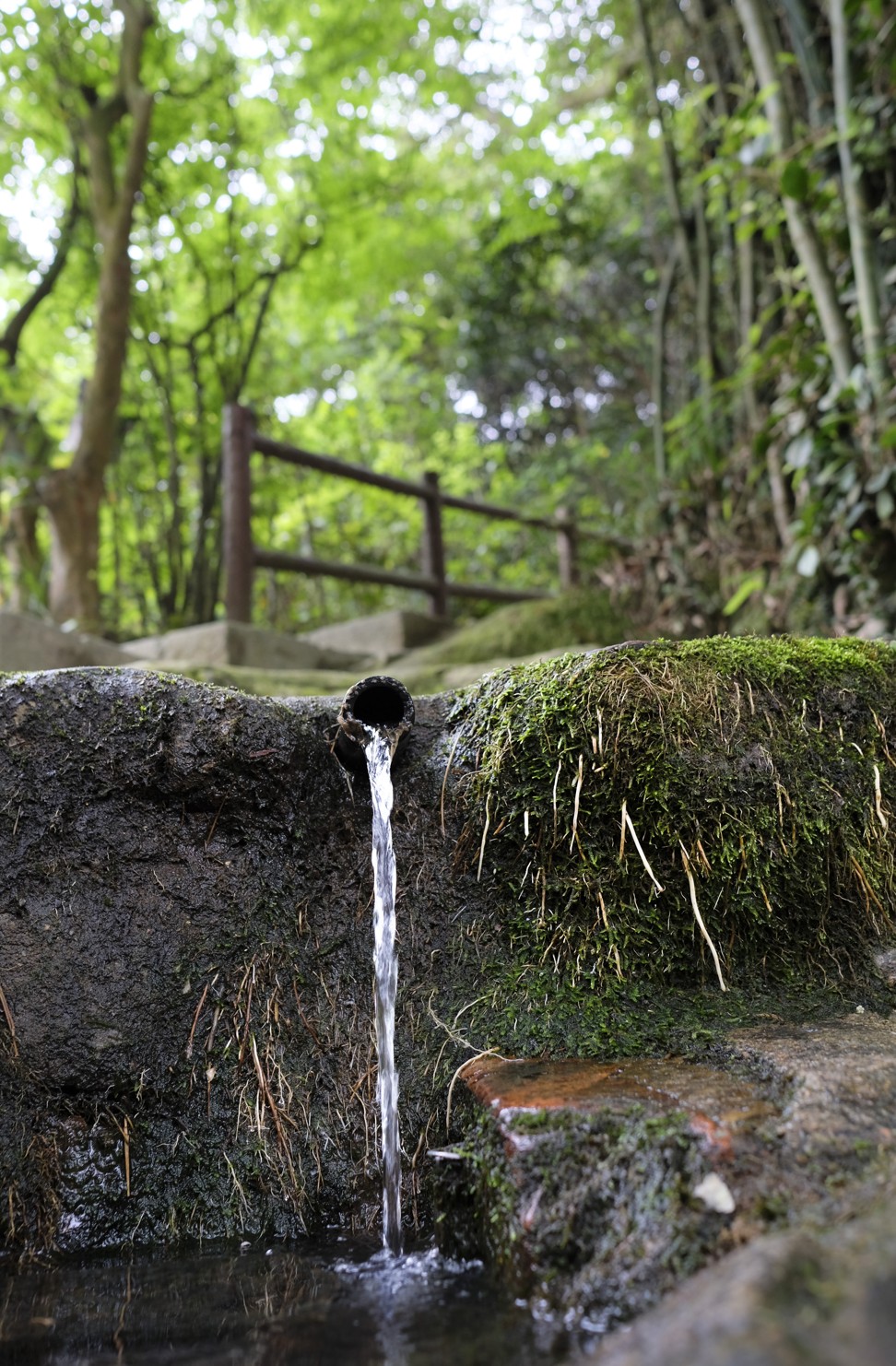
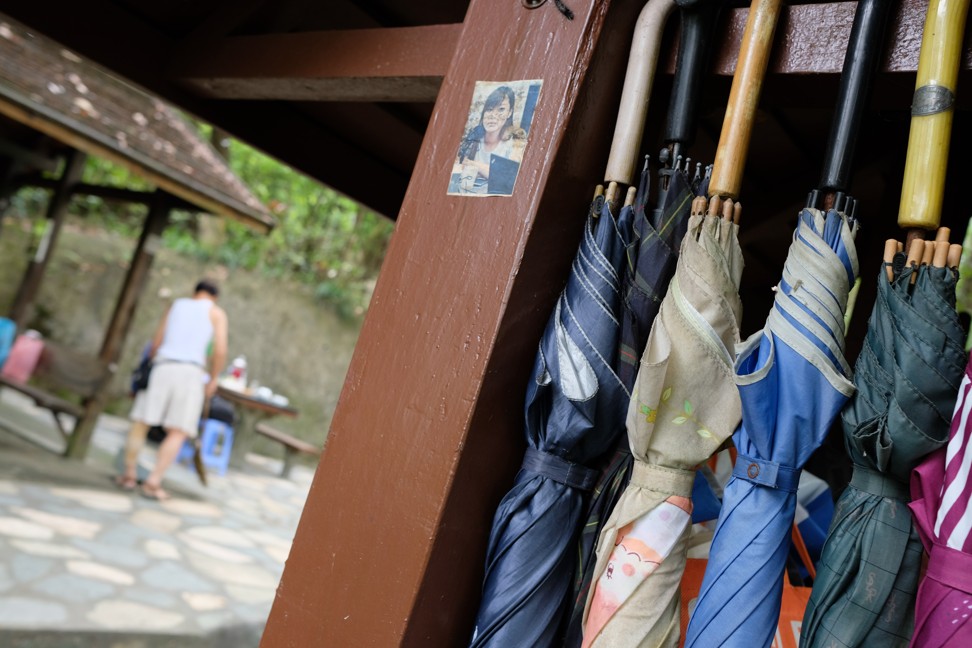
Chinese herbal garden’s guerillas, meanwhile, want to build a higher fence to stop wild boars from entering and destroying their plants.
At Friendship Terrace and the Lung Fu Shan Chinese herbal garden, there is also a need to enhance their recreational, artistic, and even educational value for others. To achieve this, the government could incentivise NGOs to become involved in the gardens, facilitating the participation of morning walkers.
Holvert Hung is a teaching assistant at the department of real estate and construction at the University of Hong Kong